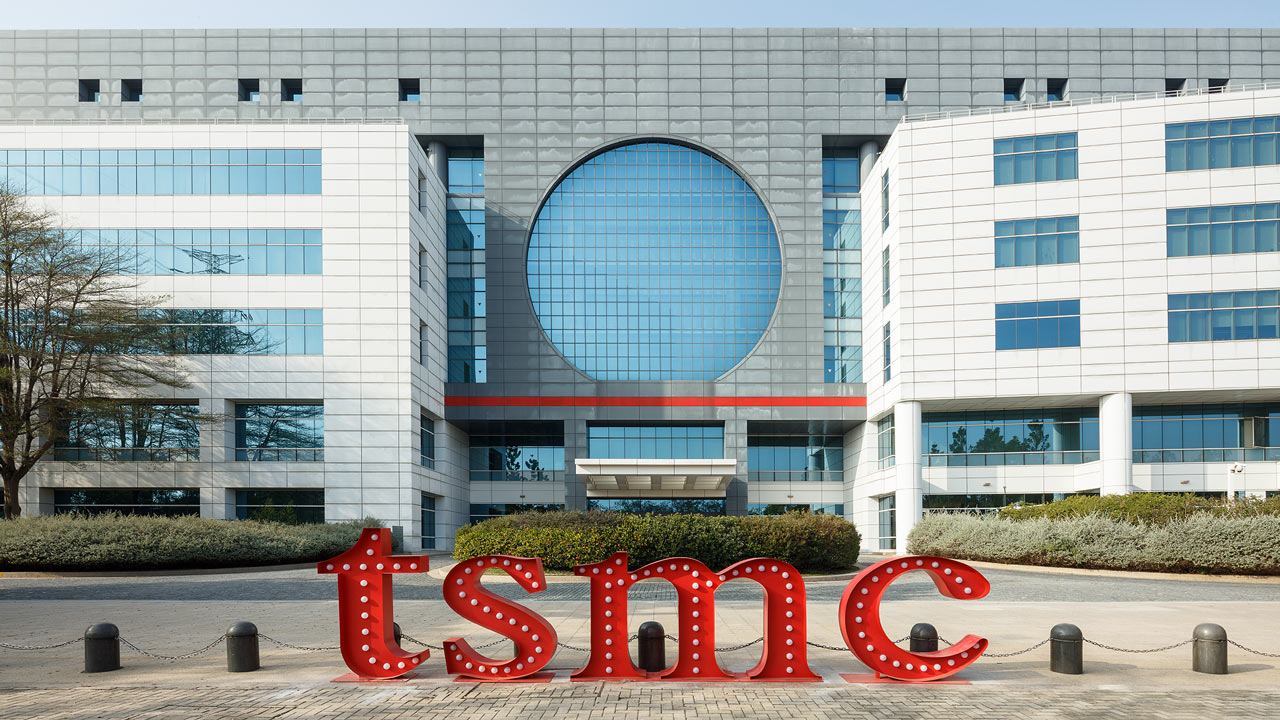
Gina Raimondo, the U.S. Commerce Secretary, expressed grave concerns about the potential dire consequences to the U.S. economy if China were to invade Taiwan and seize control of TSMC. She emphasized that such an event could be “absolutely devastating” to the American supply of critical technology components, reports Reuters.
During a U.S. House hearing, Raimondo said that the United States is highly dependent on TSMC, acquiring 92% of its leading-edge semiconductor chips from the company that is based in Taiwan and currently produces the vast majority of its chips there. She refrained from speculating on the likelihood of such an invasion but underscored the catastrophic impact it would have on U.S. technological supplies.
In response to these security and supply concerns, the U.S. Commerce Department has taken significant steps to bolster domestic chip production. Last month the U.S. government announced a substantial financial support package for TSMC’s American operations, which includes a $6.6 billion subsidy and up to $5 billion in low-interest loans. These funds are earmarked for TSMC’s fab campus near Phoenix, Arizona.
TSMC has committed to a considerable expansion of its investment in the United States. The company plans to increase its total investment from an initial $40 billion to $65 billion. This expansion includes the construction of a third semiconductor fabrication facility in Arizona by 2030, which will significantly enhance its manufacturing capacity on American soil.
The plans for TSMC’s facilities in Arizona are rather ambitious: the company plans to build three fab modules at its site. The first fab — Fab 21 phase 1 — is set to begin operations in 2025 and produce chips on TSMC’s N4 and N5 nodes (4nm and 5nm-classes), while the second fab — Fab 21 phase 2 — is expected to start making chips on N2 fabrication process (2nm-class) in 2028. This will not be TSMC’s most advanced manufacturing technology at the time though. TSMC’s Fab 21 phase 3 is set to start operations by the end of the decade.
Several years ago, a U.S. security publication claimed that the United States would have to destroy TSMC fabs if Taiwan is seized by China, as the country cannot allow the People’s Republic to have access to some of the best semiconductor production capabilities in the world due to national security concerns. At the time director of Taiwan’s National Security Bureau said that there was no need to destro TSMC fabs because without access to world-class tools and supplies, these facilities would be useless. Taiwan has also vowed to defend the fabs from the U.S. in the event of a war with China.






